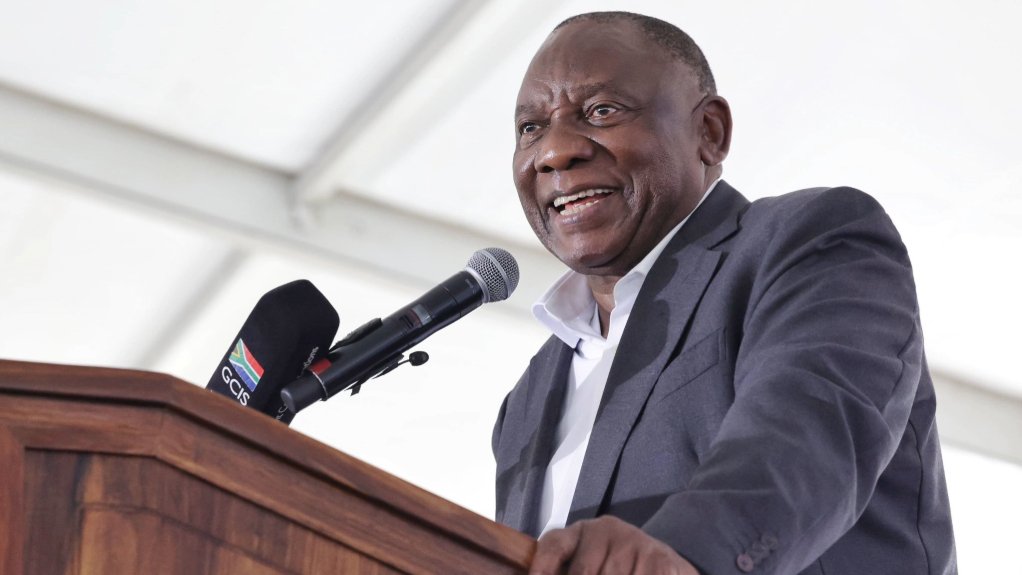411
Ramaphosa Rejects RICA Bill Over Constitutional Concerns

Ramaphosa Rejects RICA Bill Over Constitutional Concerns
President Cyril Ramaphosa has refused to sign South Africa’s Regulation of Interception of Communications and Provision of Communication-Related Information Amendment (RICA) Bill, returning it to Parliament for reconsideration. His decision highlights concerns about the Bill’s vulnerability to constitutional challenges.
In a formal letter to the Speaker of the National Assembly, Ms. Thoko Didiza, Ramaphosa outlined his reservations and brought them to the attention of key ministers. The move aligns with the constitutional requirement for the President to either sign a Bill or refer it back to Parliament if constitutional concerns arise.
Why Was the RICA Bill Introduced?
The RICA Amendment Bill was drafted in response to a 2021 Constitutional Court ruling. In Amabhungane Centre for Investigative Journalism and Others v Minister of Justice and Correctional Services and Others, the court found the original RICA law unconstitutional for failing to protect individuals under government surveillance.
To address these shortcomings, the Bill proposed several updates, including:
- Appointment of independent designated and review judges.
- Enhanced safeguards for journalists and lawyers under surveillance.
- Post-surveillance notification requirements.
- Stricter data management procedures to prevent unlawful use or interference.
The amendments aimed to balance national security with citizens’ constitutional rights, but Ramaphosa believes gaps remain.
Ramaphosa’s Constitutional Concerns
The President identified several issues in the Bill, including:
- Indefinite Post-Surveillance Notification Suspensions:
Section 25A(2)(b) allows a designated judge to withhold surveillance notifications indefinitely, potentially infringing on constitutional rights. - Lack of Review Mechanisms:
Ramaphosa highlighted the absence of a review process for decisions to suspend notifications. - Ex Parte Applications:
The law does not provide adequate safeguards against one-sided applications for interception directions or notification suspensions.
Next Steps for Parliament
Ramaphosa urged the National Assembly to address these issues promptly to avoid further constitutional challenges. The President’s concerns emphasize the importance of ensuring that surveillance laws uphold South Africans’ rights to privacy and due process.
Implications for South Africa
The RICA Bill remains a critical piece of legislation for balancing privacy with national security. As Parliament revisits the Bill, lawmakers must ensure it meets constitutional standards while addressing modern surveillance challenges.















